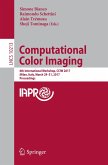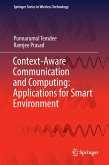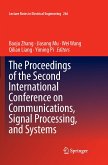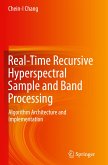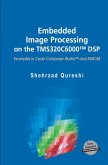This book presents essential perspectives on digital convolutions in wireless communications systems and illustrates their corresponding efficient real-time field-programmable gate array (FPGA) implementations.
FPGAs or generic all programmable devices will soon become widespread, serving as the "brains" of all types of real-time smart signal processing systems, like smart networks, smart homes and smart cities. The book examines digital convolution by bringing together the following main elements: the fundamental theory behind the mathematical formulae together with corresponding physical phenomena; virtualized algorithm simulation together with benchmark real-time FPGA implementations; and detailed, state-of-the-art case studies on wireless applications, including popular linear convolution in digital front ends (DFEs); nonlinear convolution in digital pre-distortion (DPD) enabled high-efficiency wireless RF transceivers; and fast linear convolution in massive multiple-input multiple-output (MIMO) systems.
After reading this book, students and professionals will be able to:
· Understand digital convolution with inside-out information: discover what convolution is, why it is important and how it works.
· Enhance their FPGA design skills, i.e., enhance their FPGA-related prototyping capability with model-based hands-on examples.
· Rapidly expand their digital signal processing (DSP) blocks: to examine how to rapidly and efficiently create (DSP) functional blocks on a programmable FPGA chip as a reusable intellectual property (IP) core.
· Upgrade their expertise as both "thinkers" and "doers": minimize/close the gap between mathematical equations and FPGA implementations for existing and emerging wireless applications.
FPGAs or generic all programmable devices will soon become widespread, serving as the "brains" of all types of real-time smart signal processing systems, like smart networks, smart homes and smart cities. The book examines digital convolution by bringing together the following main elements: the fundamental theory behind the mathematical formulae together with corresponding physical phenomena; virtualized algorithm simulation together with benchmark real-time FPGA implementations; and detailed, state-of-the-art case studies on wireless applications, including popular linear convolution in digital front ends (DFEs); nonlinear convolution in digital pre-distortion (DPD) enabled high-efficiency wireless RF transceivers; and fast linear convolution in massive multiple-input multiple-output (MIMO) systems.
After reading this book, students and professionals will be able to:
· Understand digital convolution with inside-out information: discover what convolution is, why it is important and how it works.
· Enhance their FPGA design skills, i.e., enhance their FPGA-related prototyping capability with model-based hands-on examples.
· Rapidly expand their digital signal processing (DSP) blocks: to examine how to rapidly and efficiently create (DSP) functional blocks on a programmable FPGA chip as a reusable intellectual property (IP) core.
· Upgrade their expertise as both "thinkers" and "doers": minimize/close the gap between mathematical equations and FPGA implementations for existing and emerging wireless applications.



